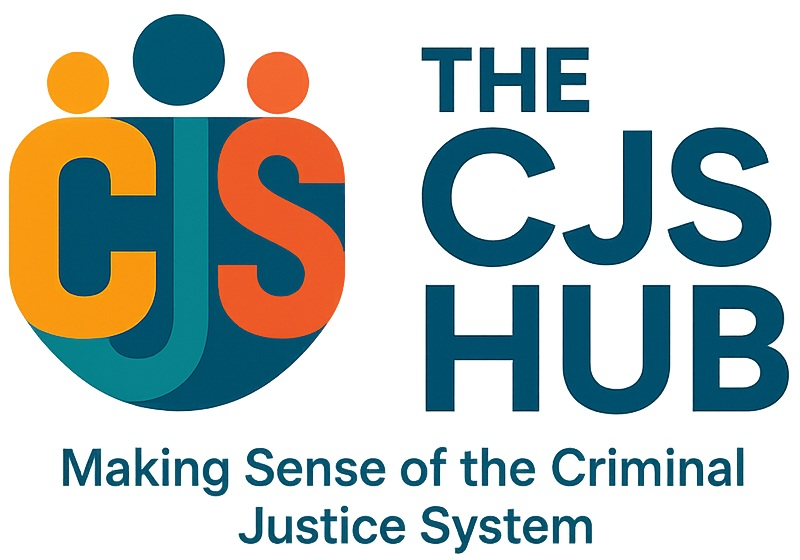What Happens at Magistrates’ Court
Every criminal case in England and Wales starts at a Magistrates’ Court. Even the most serious offences begin there — though not all will stay there.
- Summary Offences (like minor assaults or motoring offences) are dealt with entirely here.
- Either-way Offences (such as theft or assault causing actual bodily harm) can go to a Crown Court. Magistrates will hold a Plea Before Venue hearing to decide where the case should be heard, unless the defence asks for a jury trial in Crown Court.
- Indictable Only Offences (e.g. murder or serious sexual offences) automatically go to Crown Court — magistrates handle preliminary checks, like bail decisions, before transferring the case.
At your first hearing, the process is typically:
- The court clerk will ask for your name and address to confirm your identity.
- Magistrates will read out the charges. You’ll be asked to plead guilty or not guilty — if you’re ready. Otherwise, the plea can be adjourned.
Plea, Venue & Next Steps
- For guilty pleas to summary offences, the court may sentence you immediately — or delay if more information (like a pre-sentence report) is needed.
- For not guilty pleas, the court sets a trial date.
- At the Plea Before Venue hearing for either-way offences, the Crown Prosecution Service and your defence solicitor each make their case about whether the Magistrates’ Court or Crown Court should handle your case.
- Indictable only offences always go to Crown Court, and the Magistrates’ Court handles bail or remand while transferring your case.
Venue Explained
Understanding where your case proceeds is crucial — especially because long delays and remand pressures are an ongoing crisis in the justice system. In particularly overloaded areas, some bail defendants wait years before trial, with severe consequences.
Bail Applications — What You Need to Know
Every time you appear in court, bail is revisited:
- If you’re eligible, unconditional or conditional bail may be granted — open or with restrictions to ensure you:
- Return to court
- Don’t re-offend or tamper with evidence
- Remain available for proceedings or inquiries
- Under the Bail Act 1976 and PACE 1984, bail is presumed unless there’s a risk. However, there are serious offences (like certain sexual crimes) with a strong presumption against bail.
- If bail is refused, the court must explain why.
- If you’re refused bail, legal advice is even more important — and in some cases, you may have the right to appeal that decision.
Due to resource constraints, courts have had to delay bail hearings, keeping some people in police custody longer than they should — this situation continues to put pressure on everyone involved.
How to Prepare for Your First Court Hearing
- Bring ID and any papers about your charges.
- Ask your legal representative what type of offences you’re charged with and where your case is likely to be heard.
- Be clear on whether your case is summary, either-way, or indictable only — it affects your plea, venue, and timing.
- Discuss bail conditions with your solicitor and whether you’re likely to be released or remanded.
- If supporting someone, organise practical things like transport, childcare, and paperwork well ahead.
